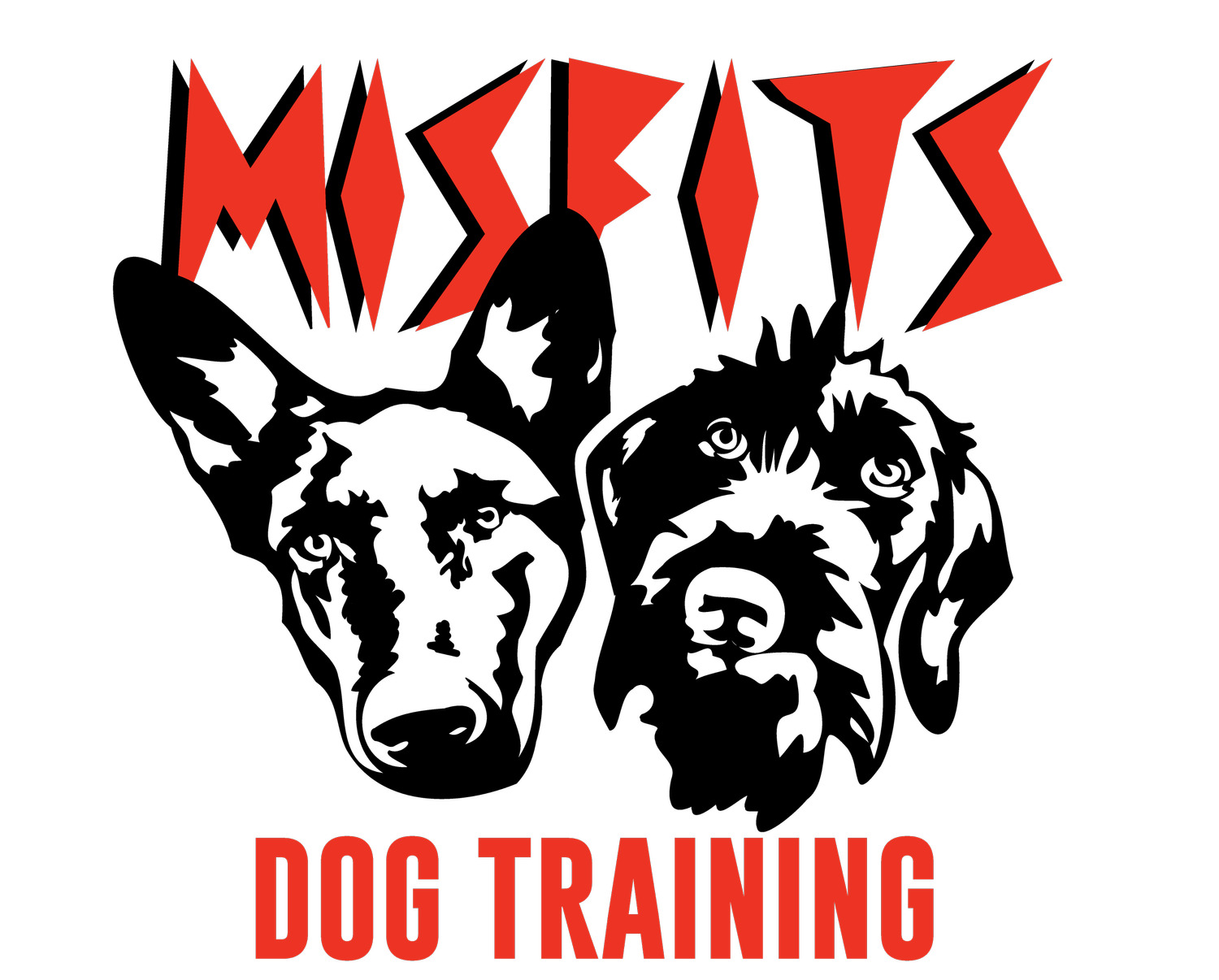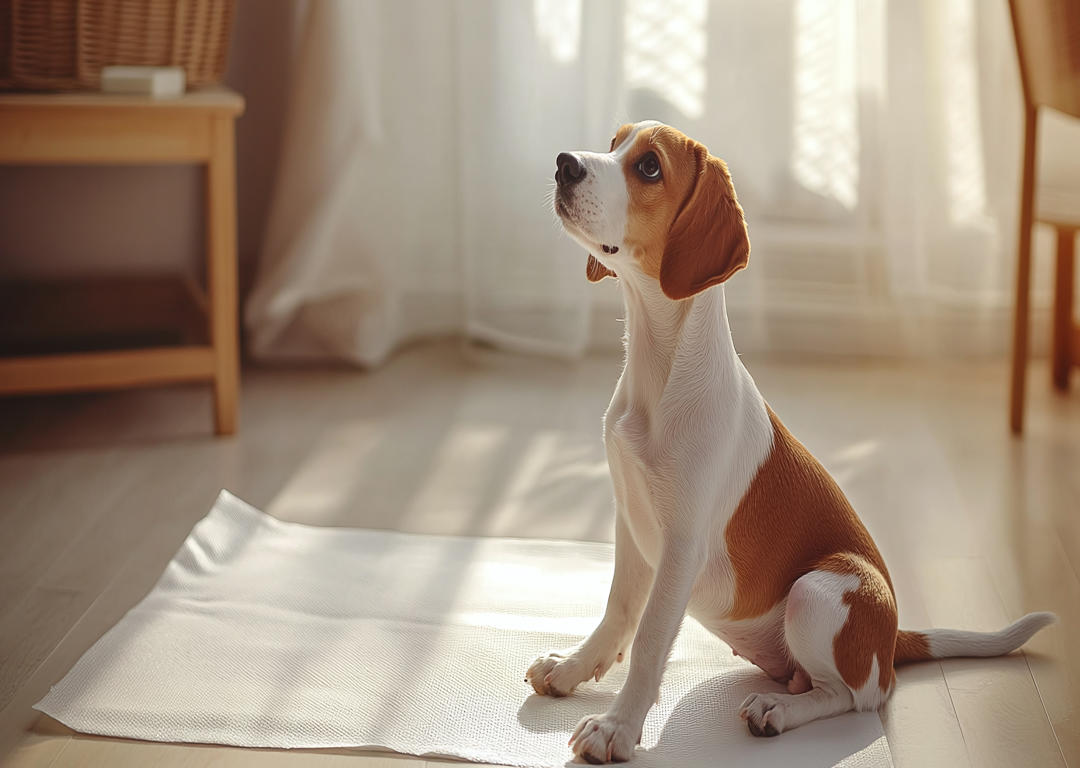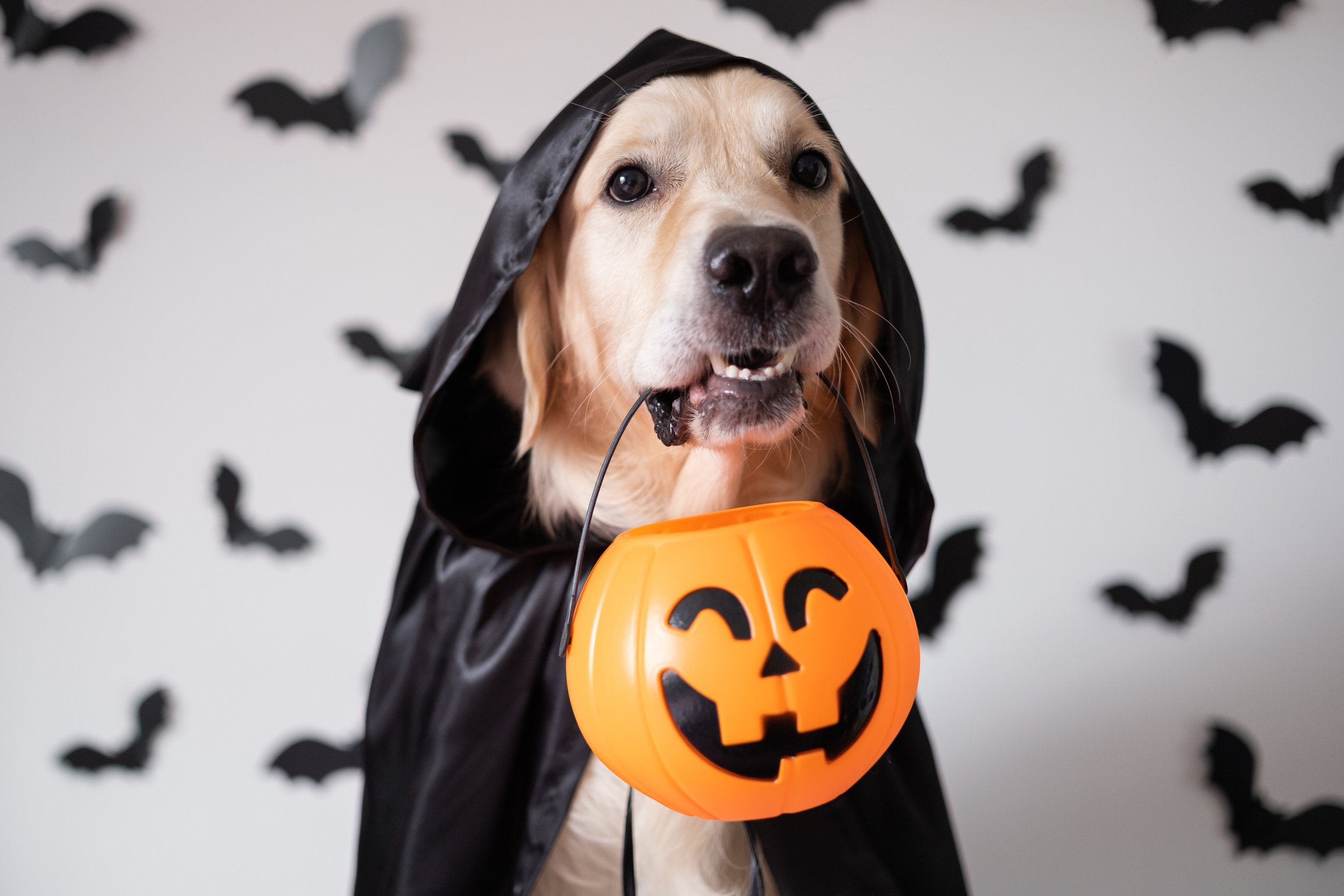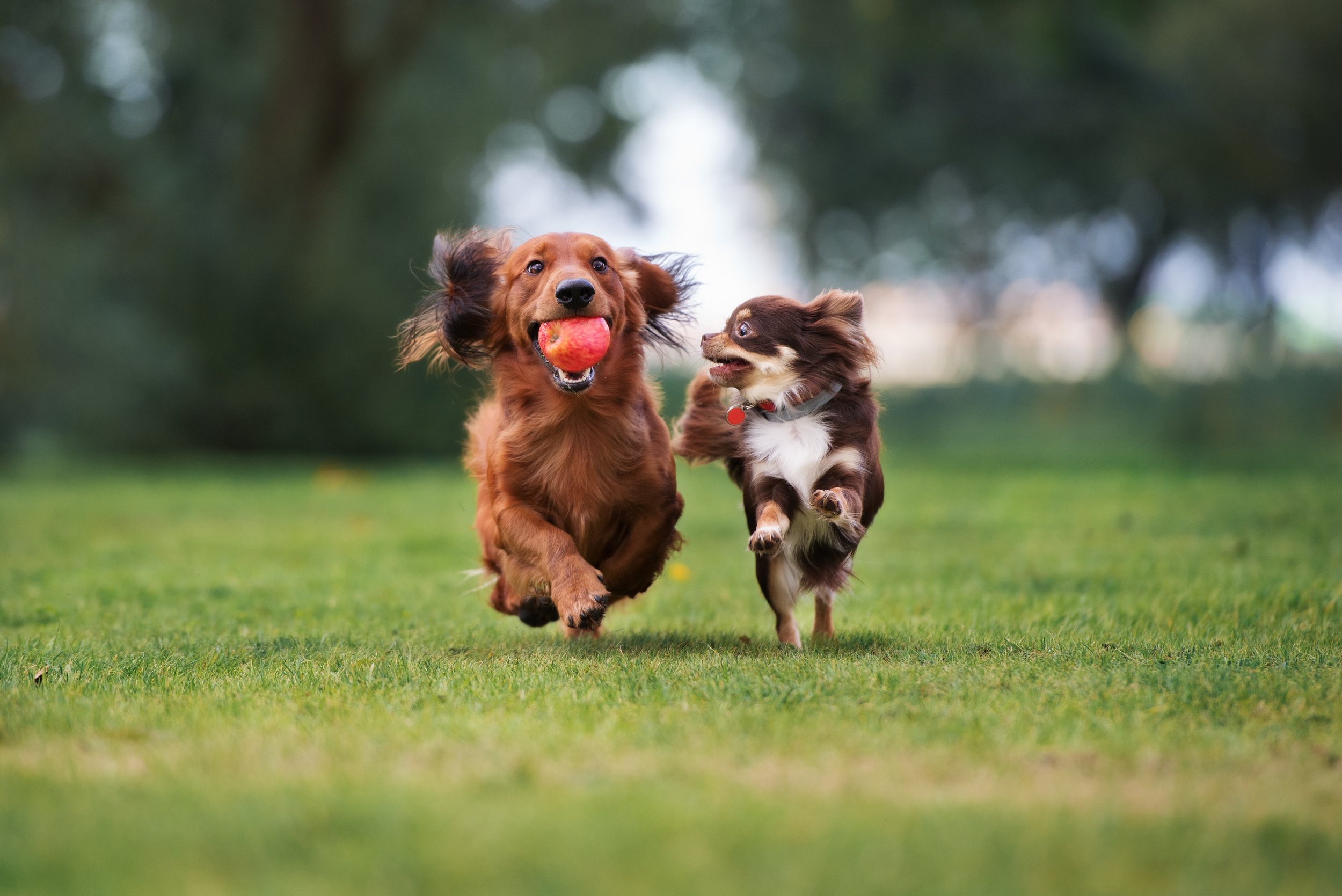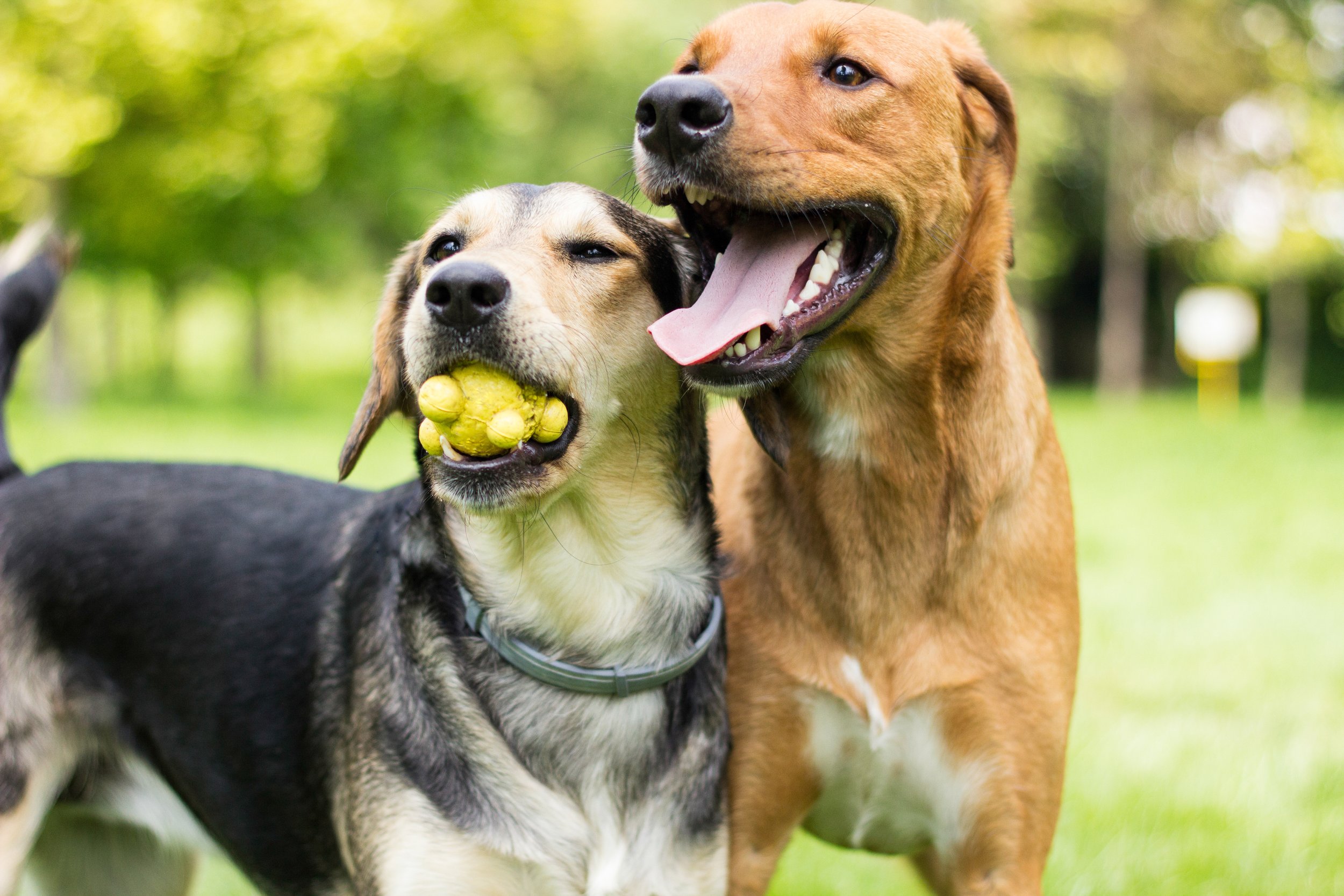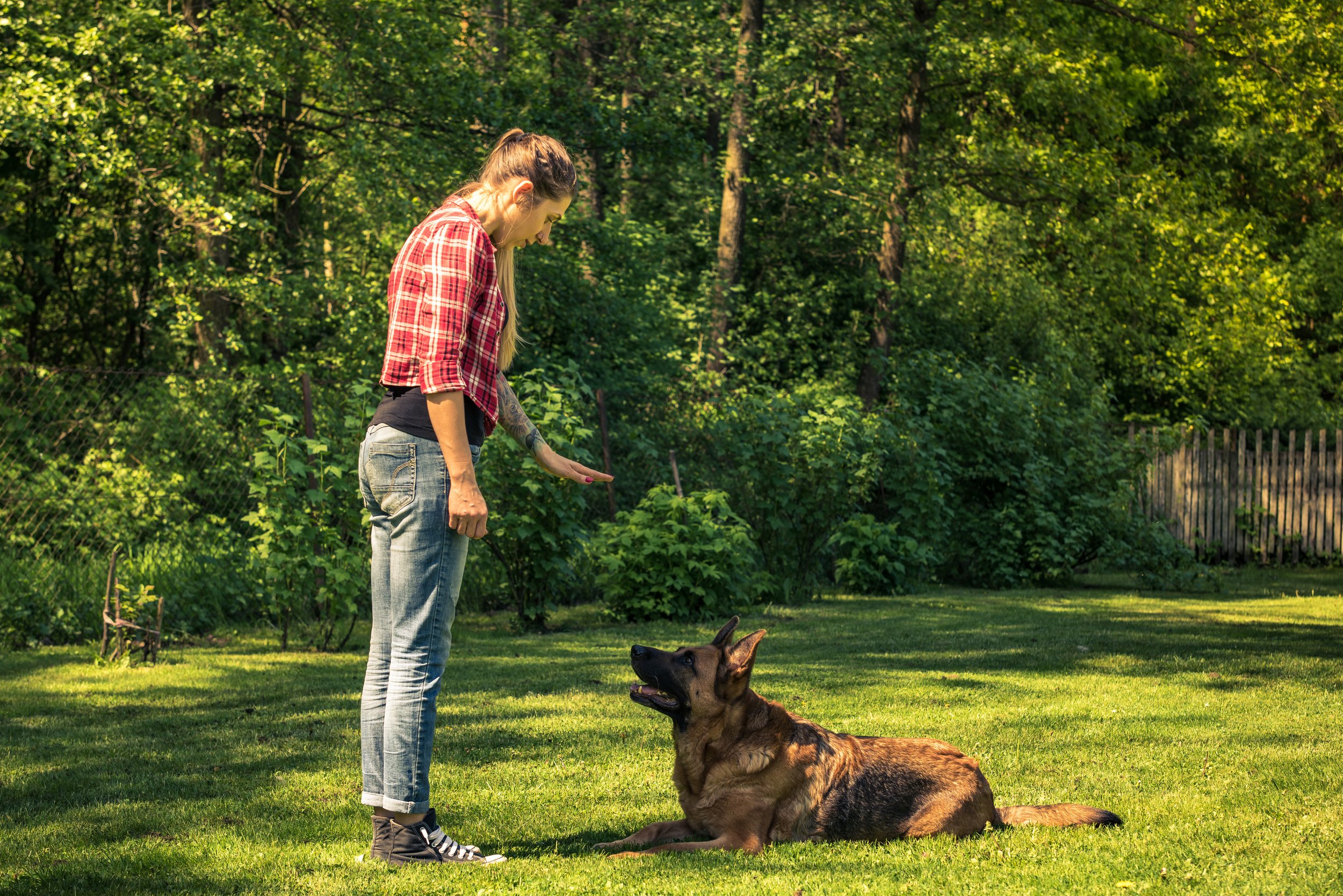Bringing home a new puppy is a joyful, heartwarming experience—but it also comes with its fair share of messes, especially when it comes to potty training. For first-time dog owners in Castle Rock, CO, Williamsburg, VA, and nearby communities, the road to a fully house-trained puppy is often bumpy, with unexpected accidents and confusing setbacks. While it’s normal to encounter a few hurdles, many of the most common potty training mistakes are avoidable with the right approach and guidance.
At Misfits Dog Training, we work closely with new pet parents to simplify the potty training process. Our in-home dog training programs are designed to set you and your puppy up for success from the very beginning. Whether you’re struggling with frequent accidents or just want to make sure you’re doing things the right way, this guide highlights the key mistakes to avoid and how to fix them.
Inconsistent Scheduling and Supervision
Puppies thrive on routine. One of the most common mistakes new owners make is failing to establish and maintain a consistent potty schedule. Without regular trips outside, puppies can’t learn where and when they’re expected to go. Irregular feeding and sleeping patterns only compound the issue.
Common signs of this mistake include:
- Accidents at random times
- A puppy that “just went” but has another accident inside
- Confusion when trying to predict potty needs
What to Do Instead:
Set a schedule that includes potty breaks first thing in the morning, after meals, after naps, after playtime, and before bed. Young puppies typically need to go out every 1–2 hours during the day. Watch for cues like circling, whining, or sniffing. Consistent supervision is crucial until your puppy earns more freedom.
Not Using the Crate Effectively
Some owners hesitate to use a crate or use it improperly, thinking it’s cruel or unnecessary. However, when used the right way, a crate is one of the most effective potty training tools available. It taps into a dog’s natural instinct not to soil their sleeping area and supports learning bladder control.
Mistakes we often see:
- Leaving the puppy in the crate too long
- Giving the puppy too much room inside the crate
- Using the crate only as a punishment
What to Do Instead:
Use a properly sized crate that’s just big enough for your puppy to stand up, turn around, and lie down. Introduce it as a safe and comforting space. Limit crate time based on your puppy’s age—generally one hour per month of age (up to a maximum of four to five hours). Always offer a potty break before and after crate time.
Relying on Puppy Pads Too Long
Puppy pads are marketed as a convenient solution, but they can cause long-term confusion if not phased out quickly. Pads teach puppies that it’s okay to eliminate inside the house, which can blur the lines between right and wrong locations, especially on rugs or bath mats.
Symptoms of this mistake include:
- A dog that continues to have indoor accidents well past puppyhood
- Difficulty transitioning to outdoor pottying
- Over-reliance on pads even when home full-time
What to Do Instead:
Use pads only in cases of emergency or for very young puppies when outside trips are unsafe. As soon as your puppy is healthy and has access to the outdoors, transition fully to outdoor pottying. Consistency and positive reinforcement help reinforce outdoor habits quickly.
Punishing Accidents Instead of Teaching
It’s natural to feel frustrated after finding a mess, but scolding or punishing your puppy for accidents can backfire. Dogs don’t understand punishment after the fact and may learn to fear you, or worse, learn to hide where they go instead of asking to go outside.
Red flags include:
- A puppy that sneaks off to potty in hidden corners
- Fearful behavior when you approach them after an accident
- Delayed potty progress despite corrections
What to Do Instead:
Focus on proactive training. Catch your puppy in the act and redirect them immediately outside, praising them heavily when they go in the right spot. Clean up accidents thoroughly with enzymatic cleaners to remove scent markers. Training is about education, not discipline.
Expecting Too Much, Too Soon
House training is a developmental process that takes time. Some first-time owners mistakenly assume that once the puppy has a few successful days, they’re “fully trained.” Unfortunately, this often leads to premature freedom—and a regression in behavior.
Signs of overconfidence include:
- Leaving the puppy unsupervised too early
- Allowing free roam of the house without earned trust
- Backsliding after seeming progress
What to Do Instead:
Recognize that consistency over time creates lasting habits. Gradually expand your puppy’s access to the house based on reliability. Track progress, celebrate small wins, and don’t rush the process. Full house training can take several months, especially with small breeds or rescue pups.
Guidance That Grows With Your Puppy
There’s no need to navigate potty training alone. At Misfits Dog Training, we offer in-home training programs in Castle Rock, CO, Williamsburg, VA, and surrounding regions designed for real-life family environments. We help you understand your dog’s needs, set up your home for success, and build habits that stick—without confusion or stress.
If you’re dealing with stubborn accidents, inconsistent behavior, or simply want to get it right from day one, we’re here to help. Our trainers specialize in coaching both dogs and humans, so your entire household feels confident and calm throughout the process.
Give your puppy the structure they need—and your family the peace you deserve. Reach out today to start your potty training journey with expert support.
